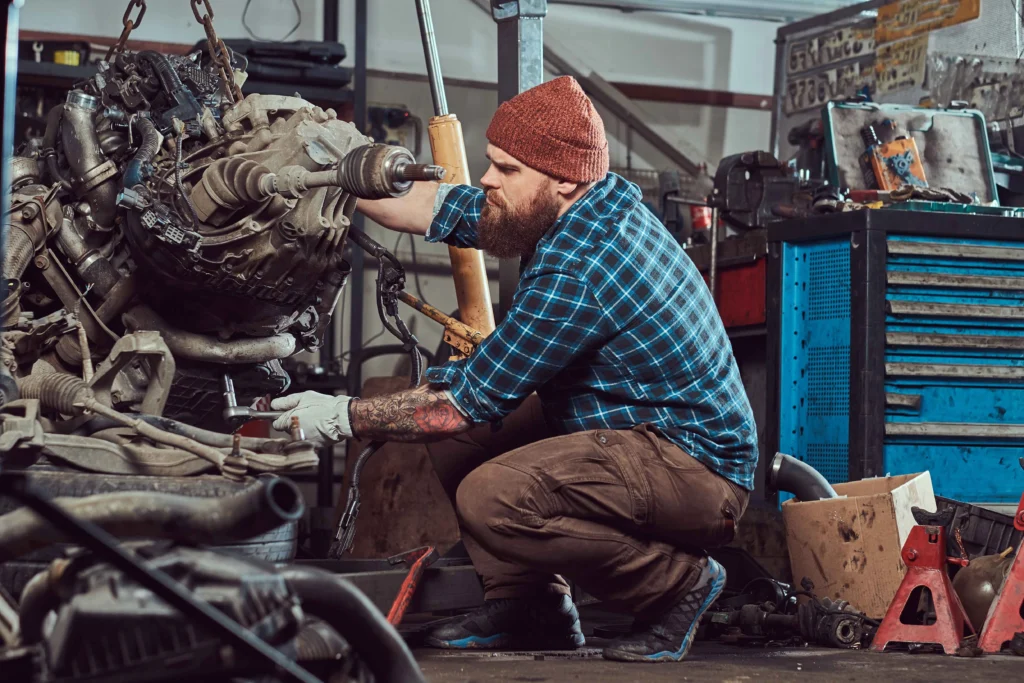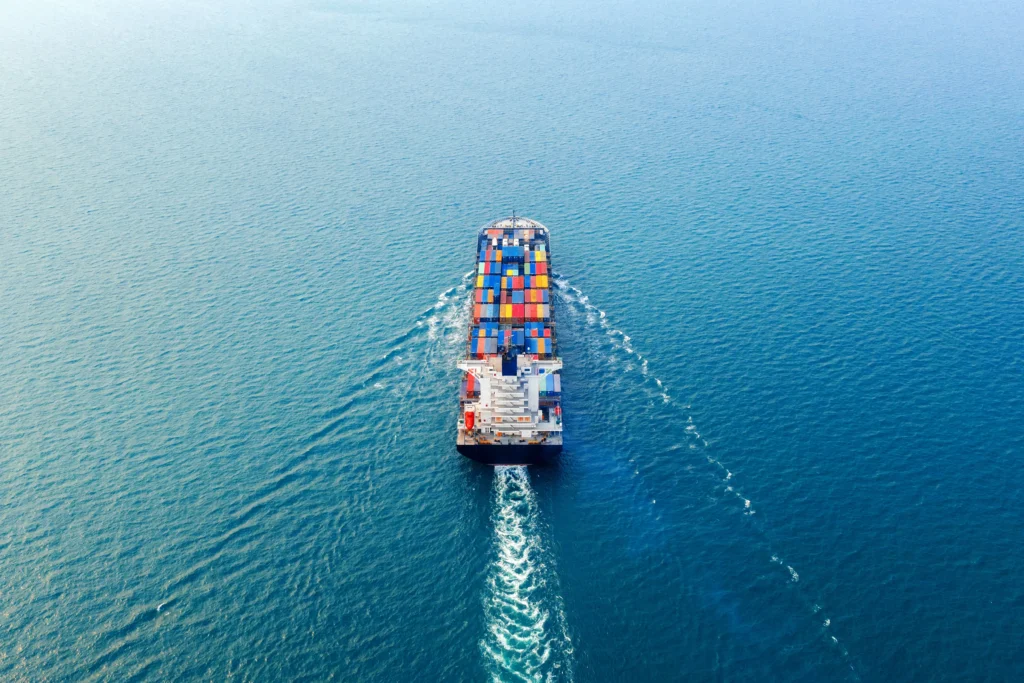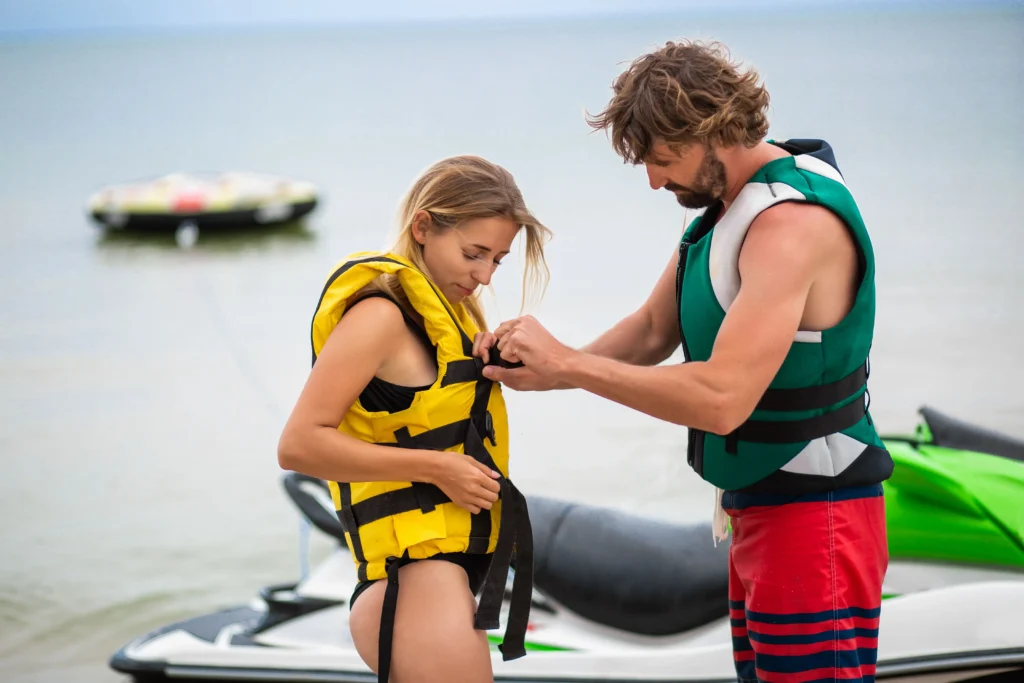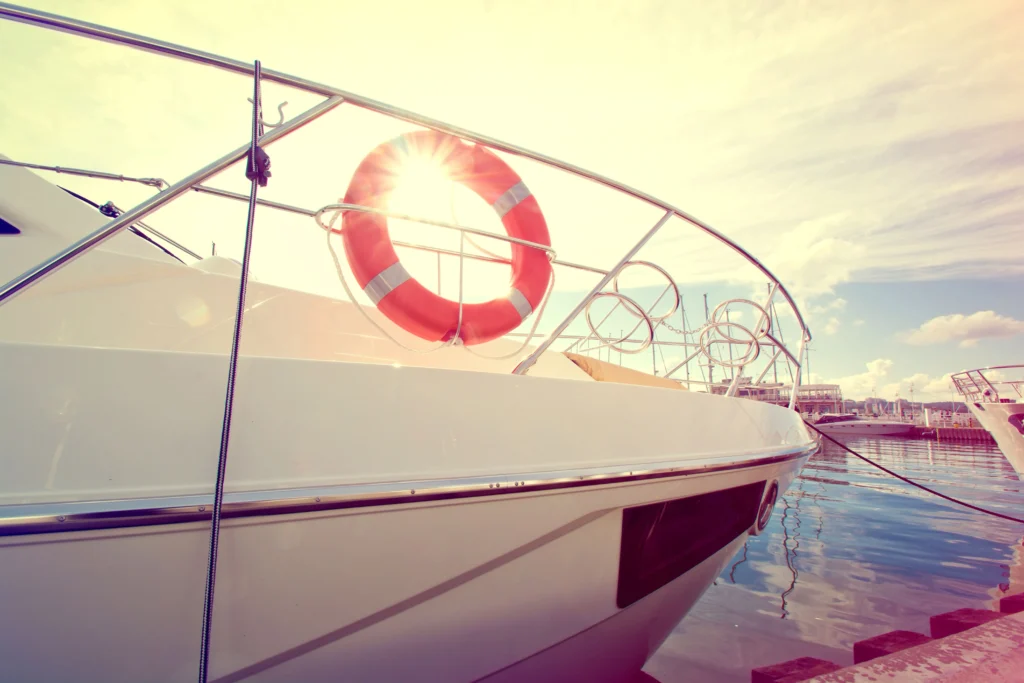Boating Directory Articles
Popular Categories on Boating Directory
Marine Surveyors
**What Marine Surveyors Do**

Marine surveyors are highly skilled professionals responsible for inspecting and assessing boats, ships, and other watercraft to ensure their safety, condition, and compliance with regulatory standards. Their expertise is crucial in both the commercial and recreational maritime industries, and they perform a wide range of tasks, from evaluating the structural integrity of vessels to determining the fair market value for transactions.
Marine surveyors play a critical role in helping boat owners, buyers, insurers, and regulatory authorities understand the condition of a vessel and its suitability for its intended use. They provide valuable insights that can prevent accidents, ensure seaworthiness, and facilitate smooth financial transactions.
**Key Duties and Responsibilities of Marine Surveyors**
1. **Condition and Valuation Surveys**
– **Pre-Purchase Surveys**: One of the most common services offered by marine surveyors is the pre-purchase survey. This is a comprehensive inspection conducted on behalf of a prospective buyer to assess the overall condition of a boat or yacht. It involves examining the hull, deck, rigging, engine, electrical systems, and safety equipment. The surveyor identifies any defects or issues and provides an estimate of the cost to repair them. They also determine the fair market value of the vessel.
– **Condition Surveys**: These are typically performed for insurance purposes, where the surveyor inspects the vessel’s condition to verify that it is seaworthy and safe for use. Insurers often require this before issuing or renewing a policy.
– **Valuation Surveys**: When a boat is being bought, sold, or insured, a marine surveyor may be hired to assess its market value. This involves evaluating the vessel’s age, condition, and equipment.
2. **Damage Assessment and Insurance Claims**
Marine surveyors are often called upon to assess damage to boats and ships after accidents, storms, or other incidents. They inspect the extent of the damage, determine the cause, and provide a detailed report that is used by insurance companies to settle claims. They may also recommend repairs and verify the work performed by boat repairers to ensure it meets industry standards.
3. **Compliance and Regulatory Inspections**
– **Safety and Compliance Surveys**: Marine surveyors perform safety inspections to ensure that vessels meet national and international safety regulations. These inspections are especially critical for commercial vessels, which must comply with strict safety and environmental laws. For example, marine surveyors may check for compliance with the **International Maritime Organization (IMO)** or **Australian Maritime Safety Authority (AMSA)** standards.
– **Commercial Vessel Surveys**: For commercial vessels like fishing boats, cargo ships, or passenger ferries, marine surveyors ensure compliance with regulations that govern construction, safety equipment, pollution prevention, and crew qualifications.
4. **On/Off-Hire Condition Surveys**
These surveys are conducted before a boat or ship is chartered (on-hire) and after the charter ends (off-hire). The surveyor inspects the vessel’s condition at both points to document any wear, damage, or maintenance needs. This helps prevent disputes between the owner and the charterer regarding the condition of the vessel.
5. **New Build and Construction Surveys**
Marine surveyors may also be involved in the construction of new vessels, ensuring that they are built to proper specifications and adhere to safety standards. During the construction process, surveyors inspect various stages to verify the quality of materials, workmanship, and adherence to design plans. They also test new vessels before they are launched.
6. **Marine Survey Reports**
After conducting an inspection, marine surveyors provide detailed reports that outline their findings. These reports often include photos, descriptions of defects or issues, recommendations for repairs, and an overall assessment of the vessel’s condition. For buyers, insurers, or regulatory authorities, these reports are essential documents used to make informed decisions.
**Types of Marine Surveyors**
1. **Yacht and Small Craft Surveyors**
These surveyors specialize in recreational vessels such as yachts, sailboats, motorboats, and personal watercraft. Their surveys are typically related to pre-purchase inspections, insurance, and valuation.
2. **Commercial Vessel Surveyors**
Surveyors in this category focus on larger vessels, including cargo ships, tankers, ferries, and fishing boats. Their work often involves regulatory compliance inspections, damage assessments, and safety audits.
3. **Hull and Machinery Surveyors**
This specialization focuses on the structural integrity of a vessel’s hull and the condition of its machinery, including engines and propulsion systems. Hull and machinery surveyors assess the wear and tear, potential defects, and the need for repairs or replacements.
4. **Cargo Surveyors**
These professionals inspect the condition of cargo being transported by sea. They ensure that goods are loaded, stowed, and transported safely, and they assess damage if it occurs during transit.
**Skills and Qualifications of Marine Surveyors**
Marine surveyors possess a diverse skill set that combines technical knowledge of marine engineering, ship construction, and safety regulations. Key qualifications and skills include:
– **Marine Engineering or Nautical Science Background**: Many surveyors have formal education in maritime fields, such as marine engineering, naval architecture, or nautical science.
– **Attention to Detail**: Surveyors must be meticulous in their inspections to catch even minor issues that could affect a vessel’s safety or value.
– **Regulatory Knowledge**: Marine surveyors need to stay up-to-date with national and international maritime laws, including AMSA and IMO regulations.
– **Strong Communication Skills**: Surveyors must be able to explain their findings in clear and detailed reports and communicate effectively with clients, insurers, and repairers.
– **Practical Experience**: Many surveyors have years of hands-on experience working in the maritime industry, either as mariners, engineers, or shipbuilders.
**Conclusion**
Marine surveyors play a vital role in maintaining the safety, reliability, and value of vessels in the maritime industry. Their work ensures that boats and ships are seaworthy, compliant with regulations, and properly maintained. Whether for a recreational boat purchase, a commercial vessel inspection, or an insurance claim, marine surveyors provide the expertise needed to protect lives, investments, and the marine environment.
Sponsored Business
Related Articles
Inboard Engine Service and repairs
Boating Directory Articles Popular Categories on Boating Directory Marine Clothing...
Read MoreBoat transport shipping
Boating Directory Articles Popular Categories on Boating Directory Marine Clothing...
Read MoreJet Ski Sales, Service and repairs
Boating Directory Articles Popular Categories on Boating Directory Marine Clothing...
Read MoreNaval Architects
Boating Directory Articles Popular Categories on Boating Directory Marine Clothing...
Read More


